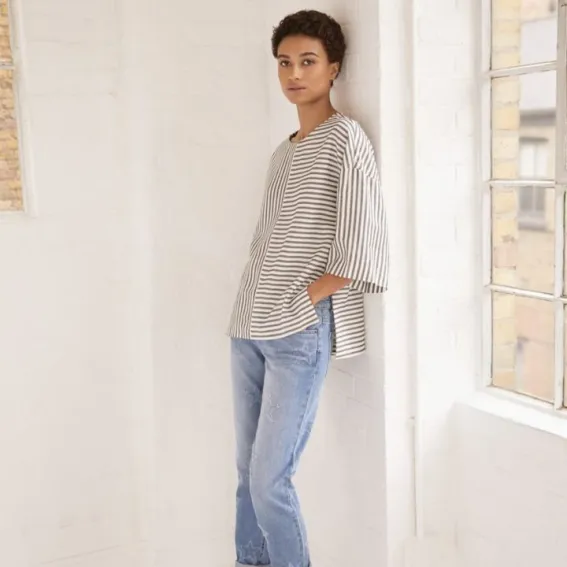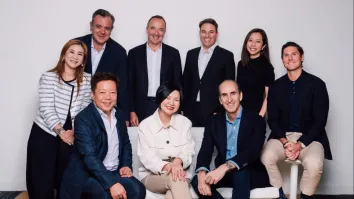
John Lewis pilots pick up 'buyback' service for unwanted clothing
To help reduce the 300,000 tonnes of clothing which gets sent to landfill each year in the UK, in an industry first, department store company John Lewis is piloting a service in which customers can have any unwanted clothing bought from its 50 shops and website, collected from their home, and be paid immediately for each item regardless of its condition.
John Lewis has developed the idea, which is currently being tested by over 100 John Lewis customers, with social enterprise Stuffstr.
The app-based service links to data on what the customer has bought from John Lewis over the past five years to value items. Customers select the products they want to sell and are immediately shown the amount they can receive for them. Once a customer has a minimum of £50 (US$66) worth of clothing to sell a courier will collect the products within three hours. As soon as the products have been collected, the customer is emailed a John Lewis e-gift card for the value of the items they have sold. Items bought back are then either resold, mended so they can be resold, or recycled into new products.
Martyn White, sustainability manager at John Lewis, said: “We already take back used sofas, beds, and large electrical items such as washing machines and either donate them to charity, or reuse and recycle parts and want to offer a service for fashion products.”

He added that the average UK household owns around £4,000 worth of clothes, but around 30% of that clothing has not been worn for at least a year, most commonly because it no longer fits.
“We hope that by making it as easy as we possibly can for customers to pass on clothing that they’re no longer wearing we can ensure that the maximum life is extracted from items bought from us. All customers need to do to earn money from their unwanted clothing is tap on the clothing they want to sell, hand it to a courier and it will be given to someone else to love or made into something new. If the concept proves successful the next stage will be to offer an option for customers to donate the money to charity,” White added.
Last year, John Lewis reused over 27,000 electrical products, approximately 2,000 used sofas and recycled materials from 55,000 mattresses.
John Atcheson, CEO of Stuffstr, said: “We're excited to be working with John Lewis on this new service. Every item has value, even old socks, and we want to make it as simple as possible for John Lewis customers to benefit from their unwanted clothes. This service gives customers an incentive to buy high quality, longer-lasting products, and buying such products is a win for both customers and the environment.”
By Muneerah Bee



















 Advertise
Advertise






